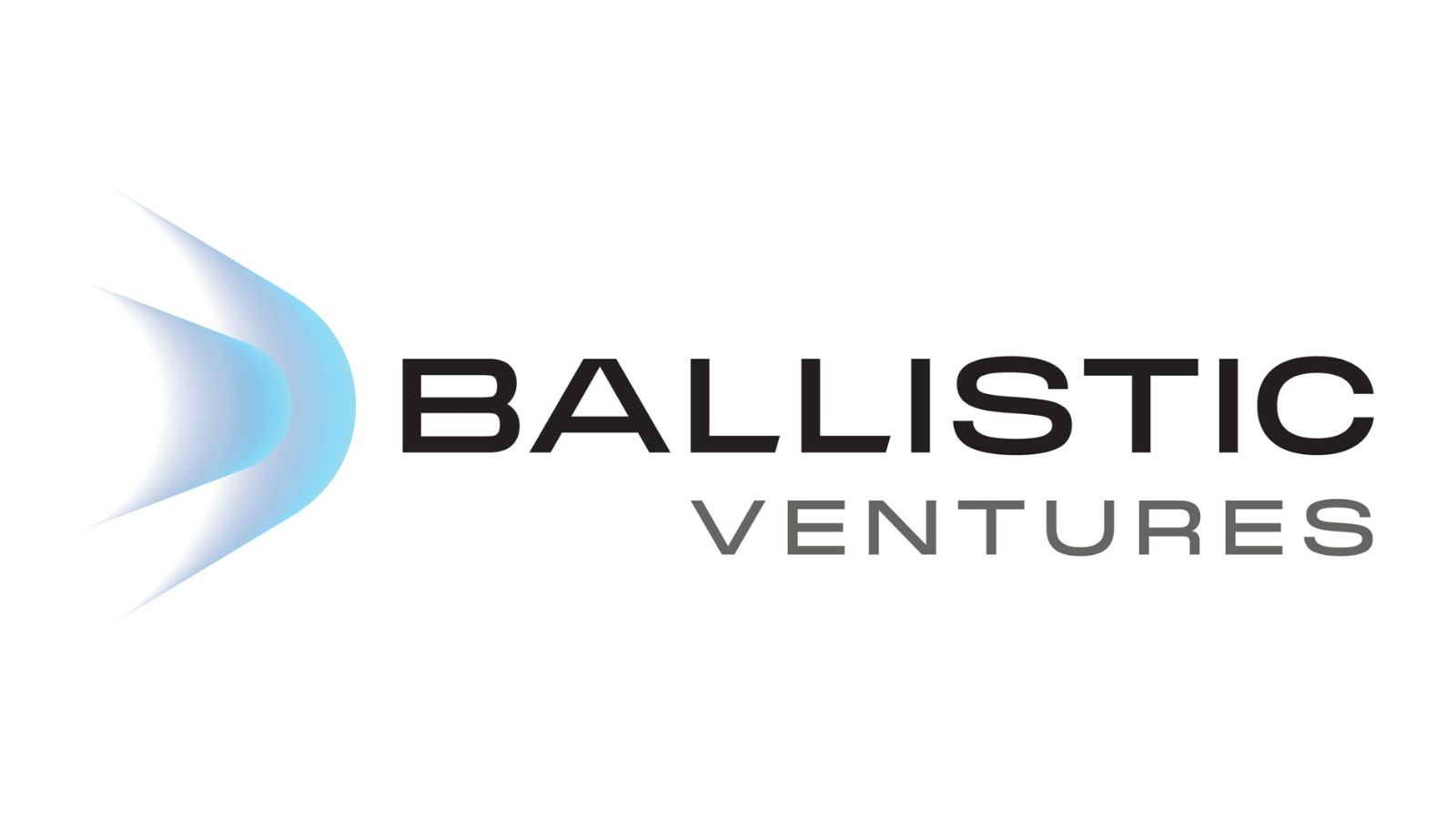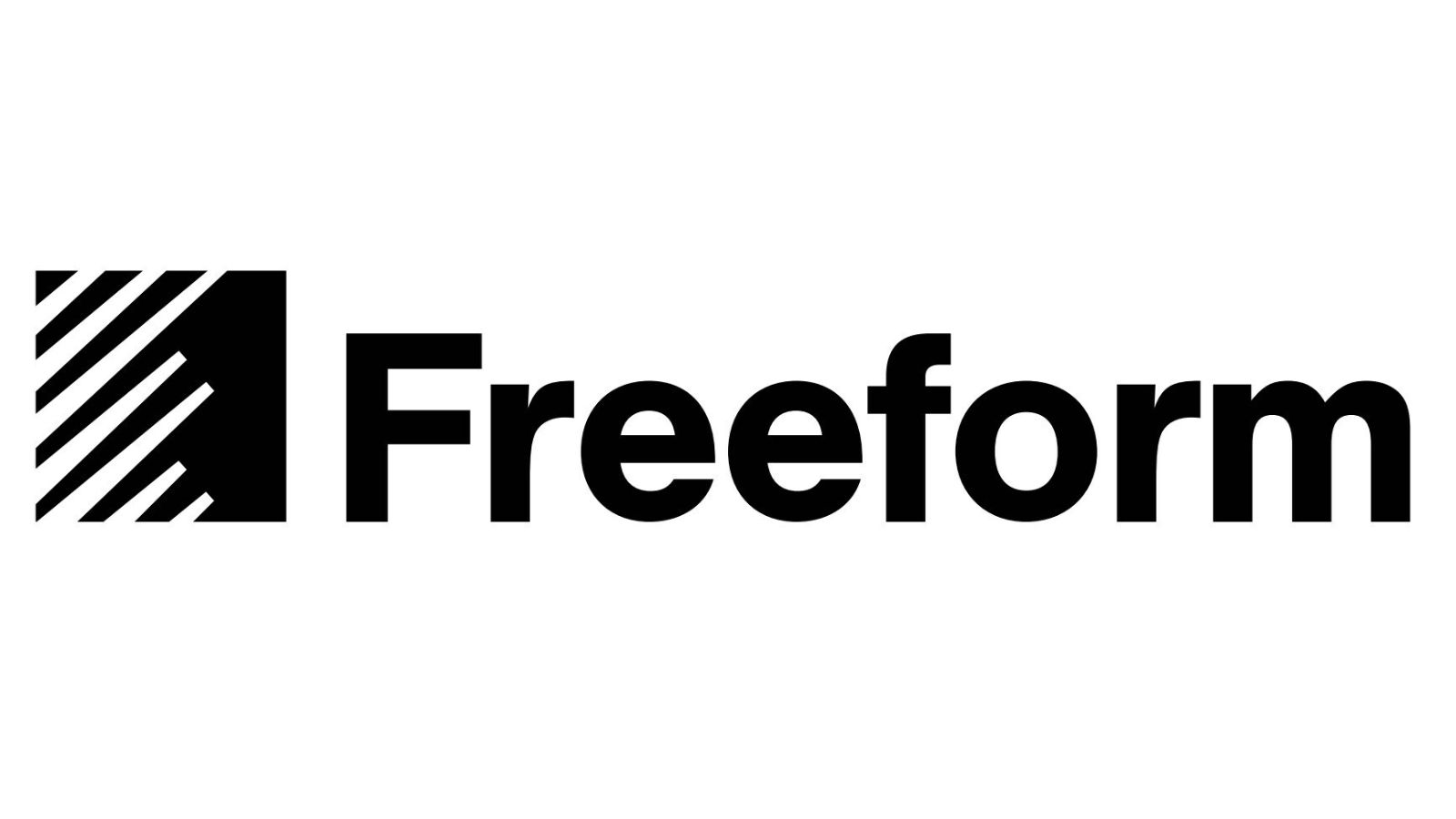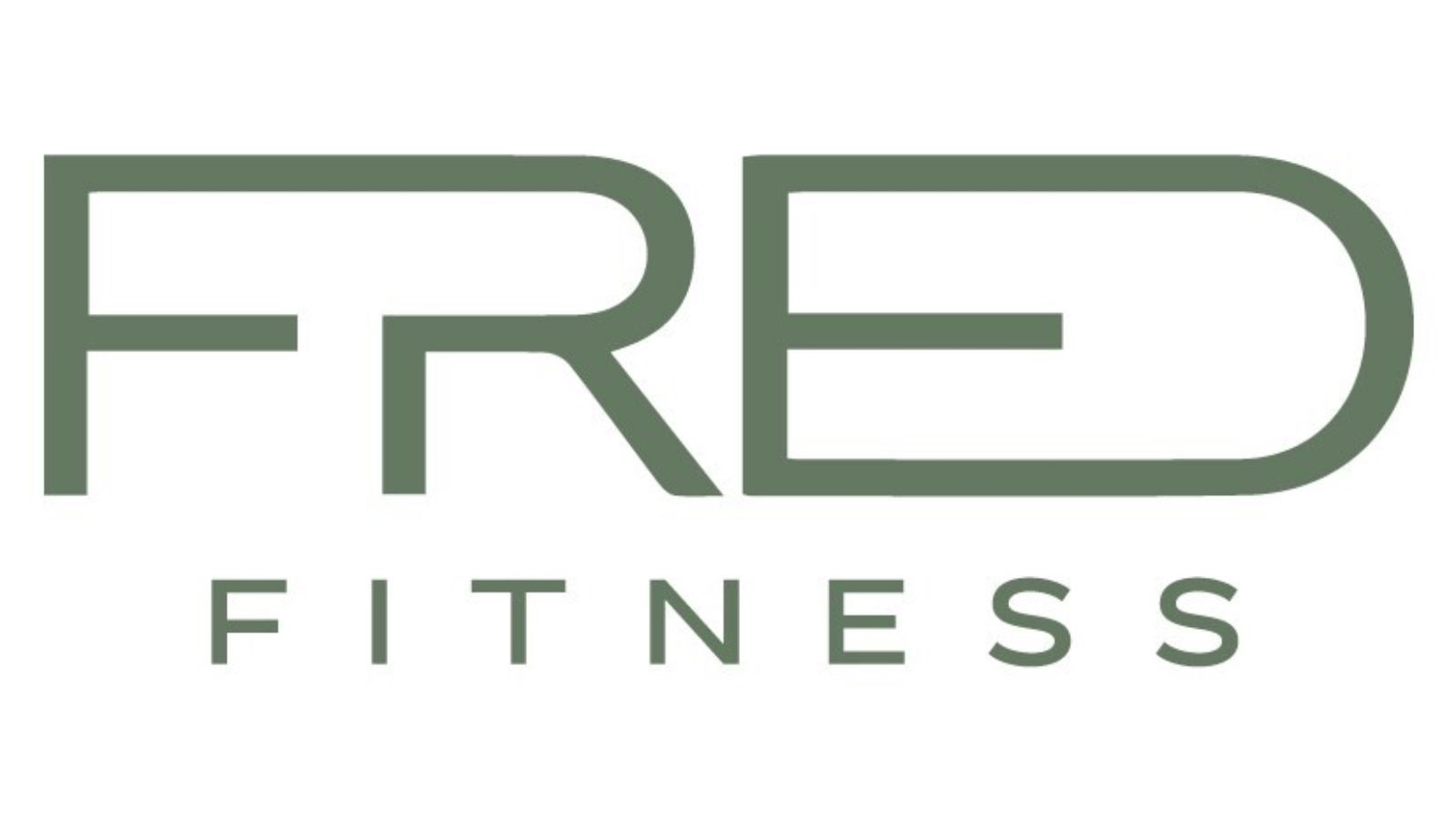Introduction
In the rapidly evolving field of data science, having access to a reliable and efficient coding environment is crucial. While Google Colab has gained popularity among data scientists for its convenience and collaborative features, there are several other alternatives worth considering. This article aims to explore five such alternatives that provide similar functionalities and cater to the diverse needs of data scientists. By delving into these options, we can help you make an informed decision about the coding environment that best suits your requirements.
- Jupyter Notebook: Jupyter Notebook is an open-source web application that allows users to create and share documents containing live code, equations, visualizations, and narrative text. It supports multiple programming languages, including Python, R, and Julia, making it a versatile choice for data scientists. Jupyter Notebook offers an interactive and flexible coding environment, enabling seamless experimentation, visualization, and collaboration.
- Databricks: Databricks is a cloud-based platform that provides a unified analytics environment for big data and machine learning. It offers collaborative notebooks, interactive dashboards, and optimized data engineering capabilities. Databricks simplifies the process of building and deploying data-intensive applications, making it an excellent choice for data scientists working with large-scale datasets.
- IBM Watson Studio: IBM Watson Studio is a comprehensive data science platform that provides tools and services for data preparation, model development, and deployment. It offers a variety of collaborative environments, including Jupyter Notebooks, RStudio, and Visual Studio Code. With built-in integrations for popular machine learning libraries and frameworks, IBM Watson Studio empowers data scientists to create powerful models and streamline their workflow.
- Kaggle Kernels: Kaggle Kernels is a cloud-based computational environment designed specifically for data science projects. It provides a range of pre-installed libraries and frameworks, making it easy to get started with data exploration and model development. Kaggle Kernels also offers a collaborative space where data scientists can share their work, learn from others, and participate in competitions, fostering a vibrant community of practitioners.
- RStudio Cloud: RStudio Cloud is a web-based integrated development environment (IDE) specifically tailored for R programming. It allows data scientists to write, compile, and execute R code from anywhere, without the need for local installations. RStudio Cloud supports project collaboration and sharing, making it an ideal choice for R enthusiasts who prefer an online coding environment.
Conclusion: While Google Colab remains a popular choice for data scientists, it’s essential to explore alternative coding environments that offer unique features and cater to specific needs. This article has introduced five alternatives: Jupyter Notebook, Databricks, IBM Watson Studio, Kaggle Kernels, and RStudio Cloud. Each of these options provides a rich set of features, collaborative capabilities, and efficient workflows to enhance your data science projects. By carefully evaluating these alternatives, you can select the coding environment that aligns best with your requirements and enhances your productivity as a data scientist.








Leave a Reply